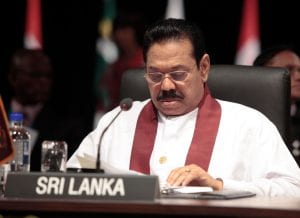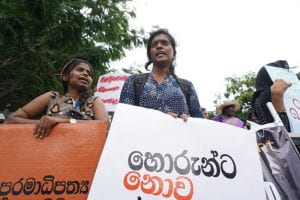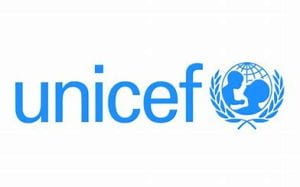Sri Lanka is in the midst of its worst economic crisis since gaining independence in 1948. Sri Lanka made a declaration of insolvency in early April 2022, after it could not service its foreign debt. Recently the United Nations renewed an humanitarian appeal, stating that 28 percent of the population faces food insecurity and that the poverty rate this year has doubled. The dramatic fuel shortages caused by a steep drop in agricultural output are accompanied by mass protests. Additionally, the country is also experiencing a rapid deterioration of the health system. In Sri Lanka, health challenges are interwoven with a deteriorating socioeconomic landscape, lack of essential medicines, and human rights violations. Student activists have been detained under the notorious Prevention of Terrorism Act (PTA) by President Ranil Wickremasinghe. He has even threatened to declare a state of emergency in the event of major protests. People in Sri Lanka have no recourse to hold politicians accountable for mismanagement or corruption.
Economic Crisis

After years of accruing foreign debt, the current economic downfall has been looming in the shadows for a while. Mainly investing in large-scale infrastructure projects, the government projects provided no real economic benefits for ordinary Sri Lankans. Therefore, it resulted in a failed investment; one which Sri Lanka is still attempting to pay back. The government’s economic policies have only exacerbated the human right crisis. The economic downturn has had an unequal impact on the country with lower–class, marginalized communities feeling the effects in a detrimental way. Instead of addressing this issue, the government has decided to provide fuel and electricity for the middle–class and above. They are doing so in order to promote a false sense of hope by making it seem like all is well, when in fact over a third of the population is without food.
Humanitarian Crisis

These realities have not been addressed by legal reforms. Employee rights to fair wages, decent working conditions, the right to organize, and secure social protection are often violated by employers, with no consequences. Legislation to resolve land disputes, housing issues, access to basic livelihoods, and ensure a sustainable environment is inadequate. Moreover, investments in education, health, and equitable development have been put on hold since the late 1970s. Sri Lanka’s lack of constitutional recognition of socio-economic rights leaves people without a legal framework to protect themselves from the many abuses they face every day. The economic crisis has revealed the benefits the system is designed to provide – those of capital and the political elite. Popular protests are challenging the existing economic order, authoritarian rule, and even constitutional shortcomings.
Take Action

Here are some ways to take action and support the people of Sri Lanka. Write a letter or follow this sample letter demanding the release of the student activist that is being arbitrarily imprisoned due to anti-government protests. This Urgent Action expires on January 3, 2023, so please enact the change as soon as possible. You can also donate to UNICEF’s Appeal for Sri Lanka and help them meet their goal of providing food for children who are disproportionately affected by the rapidly unfolding economic crisis. The right to food, the right to protest, and the right to equality are universal human rights that everyone should have access to. By supporting these initiatives, you can take an active step in ensuring this as a reality rather than an illusion.

